For Black Foster Children, Mentorship Is a Path to Adoption
Share
Explore Our Galleries
Breaking News!
Today's news and culture by Black and other reporters in the Black and mainstream media.
Ways to Support ABHM?
by Shantay Armstrong and Erica Thomas, Word in Black
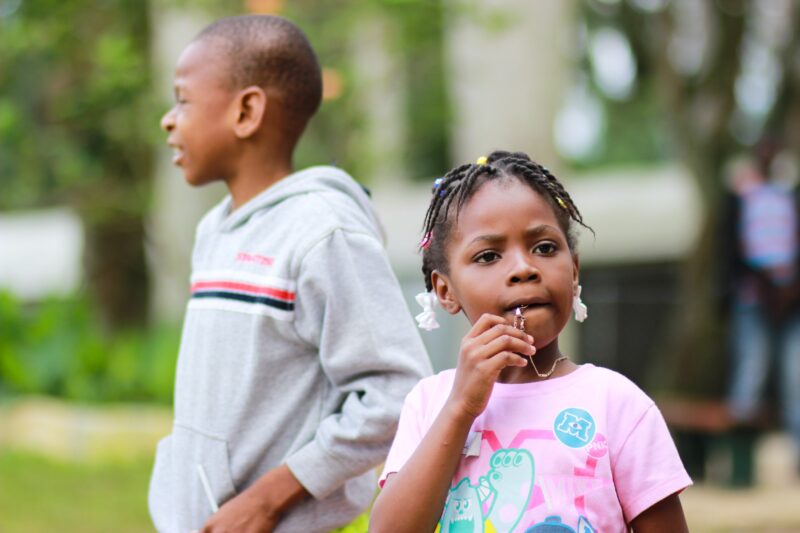
There are too many Black children in foster care waiting to be adopted, and too few Black foster families in the child welfare system. Black children are overrepresented in the foster care system in America, making up 22% of the children in foster care, but only 14% of the nation’s child population.
There may be a solution to this glaring disparity. A new Kidsave Gallup study showed that families who participated in mentorship programs were seven times more likely to adopt children in foster care. And Black families are thinking about adoption. One in four Black adults has thought a lot about adopting from foster care (26%), compared to about one in six Americans overall (18%).
We know mentorship works. That’s why it’s crucial that our country put more funding, resources, training, and recruitment into relationship-based programs such as mentorship between families and Black foster youth. It’s also important that these relationships are responsive to children’s cultural needs.
[…]
Mentoring doesn’t have to be formal. In fact, it’s already happening in most communities. Through our interactions with the foster care system — even having experienced two different sides of the system — we’ve seen this firsthand. There are many Black families already informally mentoring foster youth and children — they just are doing it without the resources to do so to the very best of their abilities.
Many of these families can benefit from additional support. In fact, almost three-quarters of Americans (73%) say training and support would make them more likely to participate in mentoring programs (Kidsave-Gallup, 2023). Connecting foster youth, especially providing culturally affirming spaces and culturally competent training and opportunities for non-Black families, can increase the connection between families and children.
The research shows a clear link between volunteerism and fostering. According to the study, four in 10 Black adults say knowing they could volunteer with a child of the same racial or ethnic background would make them more likely to consider volunteering with a child in foster care. Mentorship programs that provide an opportunity for families and youth to build a relationship and choose one another can increase the likelihood of adoption for foster youth.
Stop by ABHM’s online exhibits.
Check out other breaking news stories.
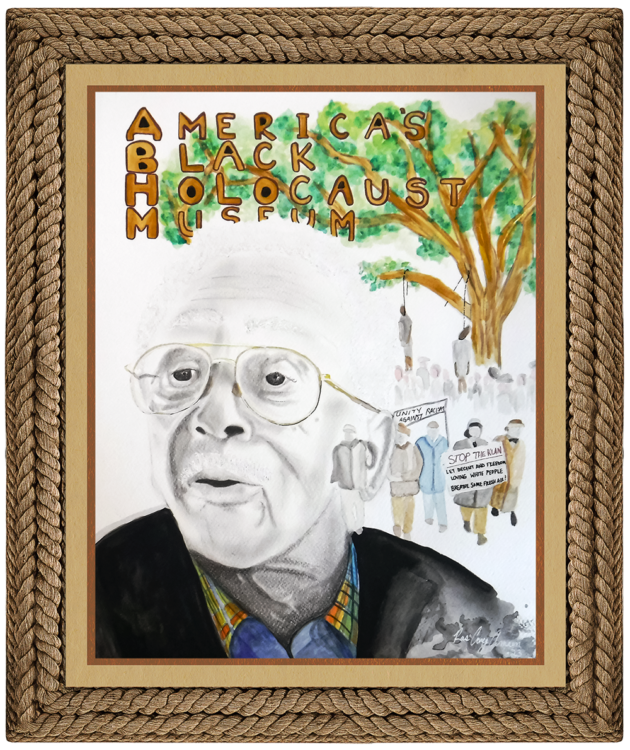

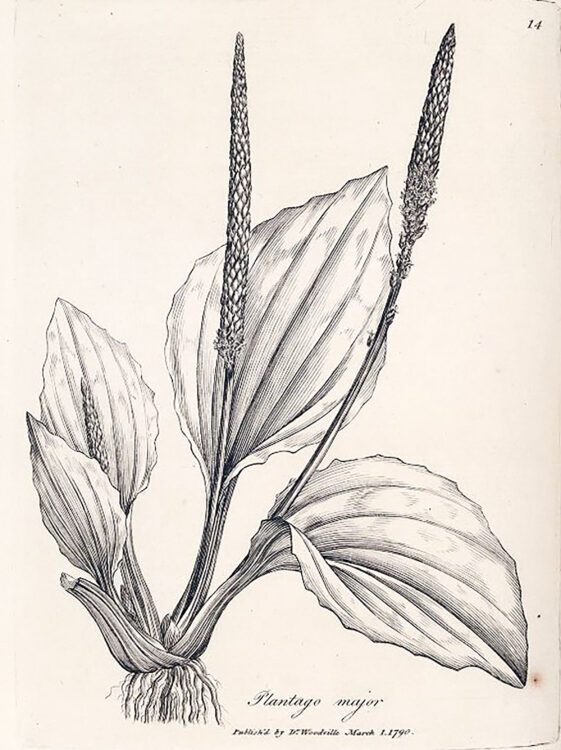
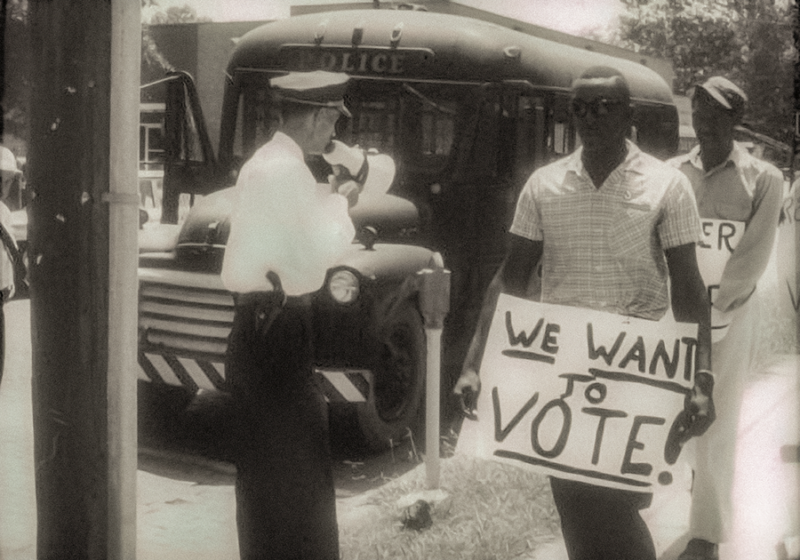

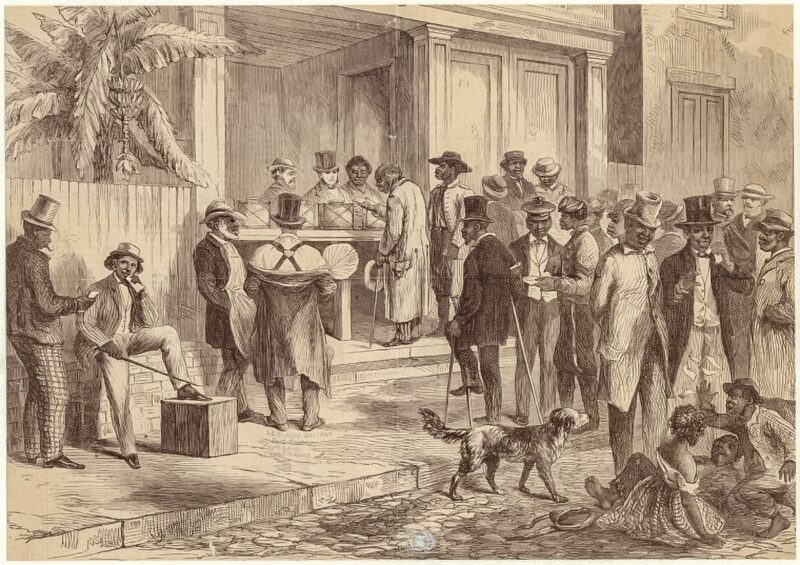
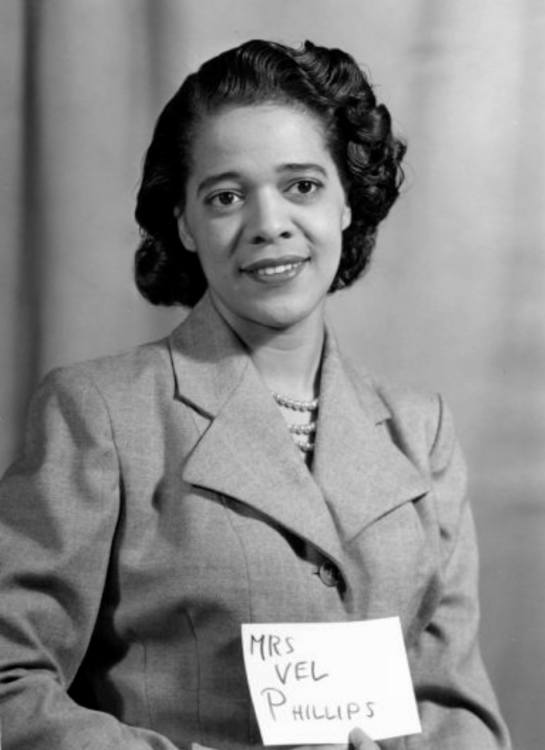
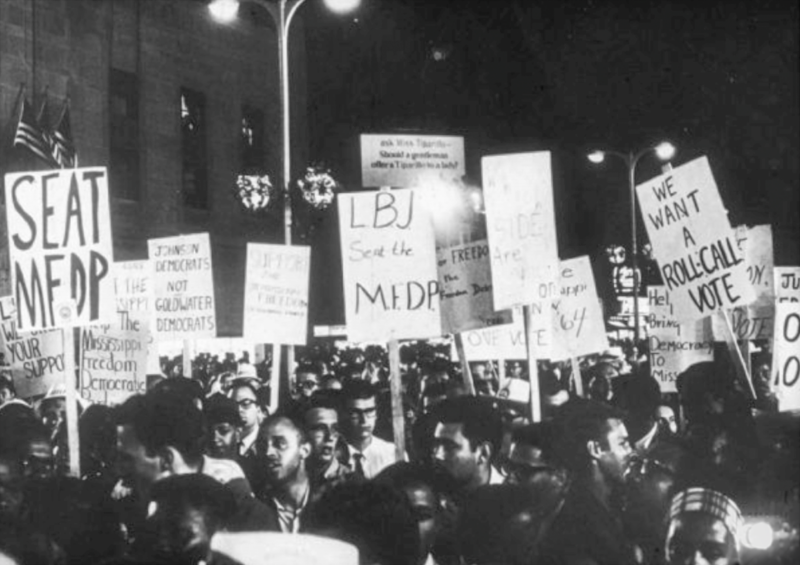
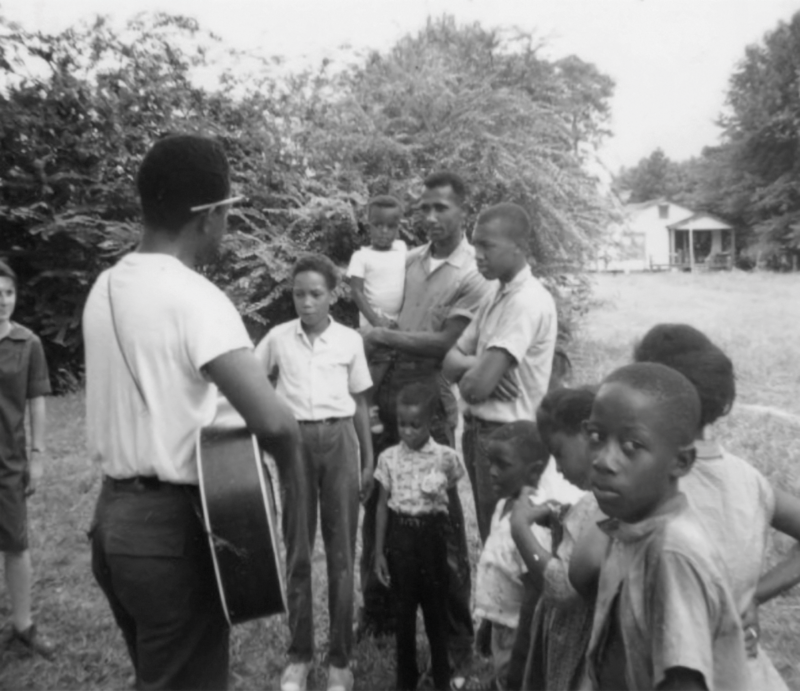
Comments Are Welcome
Note: We moderate submissions in order to create a space for meaningful dialogue, a space where museum visitors – adults and youth –– can exchange informed, thoughtful, and relevant comments that add value to our exhibits.
Racial slurs, personal attacks, obscenity, profanity, and SHOUTING do not meet the above standard. Such comments are posted in the exhibit Hateful Speech. Commercial promotions, impersonations, and incoherent comments likewise fail to meet our goals, so will not be posted. Submissions longer than 120 words will be shortened.
See our full Comments Policy here.